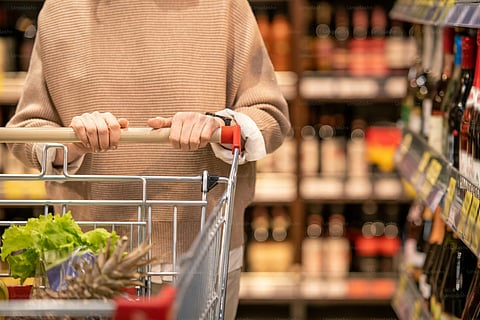
- NEWS
- the EDIT
- COMMENTARY
- BUSINESS
- LIFE
- SHOW
- ACTION
- GLOBAL GOALS
- SNAPS
- DYARYO TIRADA
- MORE

Experts said that once food warning labels for pre-packaged and ultra-processed food and beverage products are implemented in the Philippines, both consumers and companies would benefit.
In an interview with DAILY TRIBUNE, former Department of Health Secretary Jaime Galvez Tan said putting food warning labels is “the first step” in promoting healthier consumption behaviors.
“We have to start somewhere and I think the most important here is awareness,” Tan said. He also noted that food warning labels, which would encourage the public to choose healthy foods, could potentially reduce the number of non-communicable diseases (NCDs) in the country.
“I’m very optimistic [it will],” Tan said. NCDs, known as chronic diseases, are a group of long-lasting diseases that are not contagious. Among them are cardiovascular diseases, cancers, chronic respiratory diseases and diabetes.
NCDs are responsible for 68 percent of all deaths in the Philippines, according to the NCD Alliance.
Meanwhile, Atty. Lawrence Millan, project manager of ImagineLaw, said he believes placing food warning labels would change consumers’ behavior as they would become aware and knowledgeable about food nutrition.
“The more people become more knowledgeable about food nutrition because of warning labels, the demand for food products changes,” Millan said.
“Meaning the more people know about warning labels, the less demand for unhealthy food and more demand for healthy food,” he added.
A July Social Weather Stations poll found that 66 percent of Filipinos are supportive of a policy that will implement food warning labels.
Millan said it would also be an opportunity for the food business sector because “they can now take advantage of the new demand for healthy food.”
“Companies now can reformulate, they can develop new products that can cater to that new demand because of the warning labels,” he continued.
“Because more people will try to demand healthier food products. So I think that’s a great opportunity for corporations to take advantage of,” he added.
Food warning labels are already being implemented in some Latin American countries, including Peru, Mexico and Chile. GABRIELA BARON
